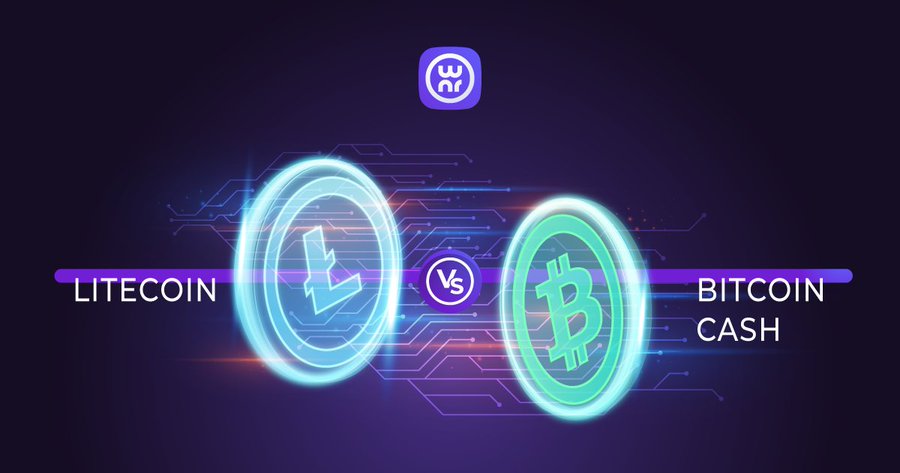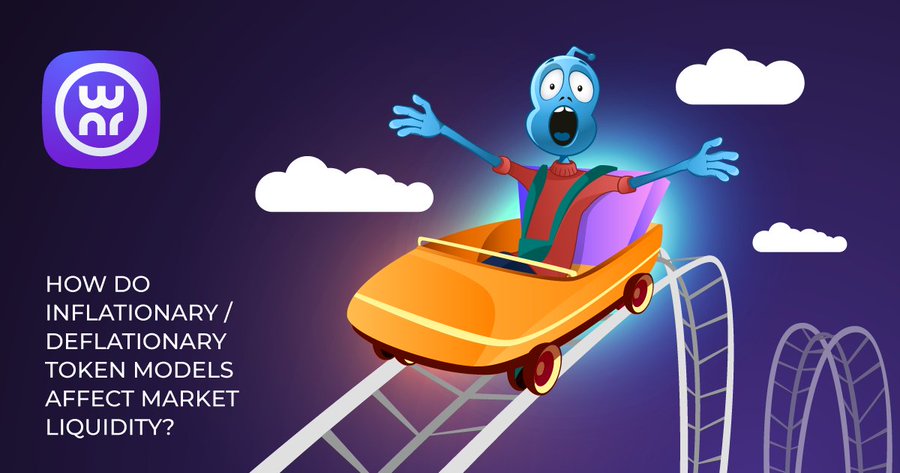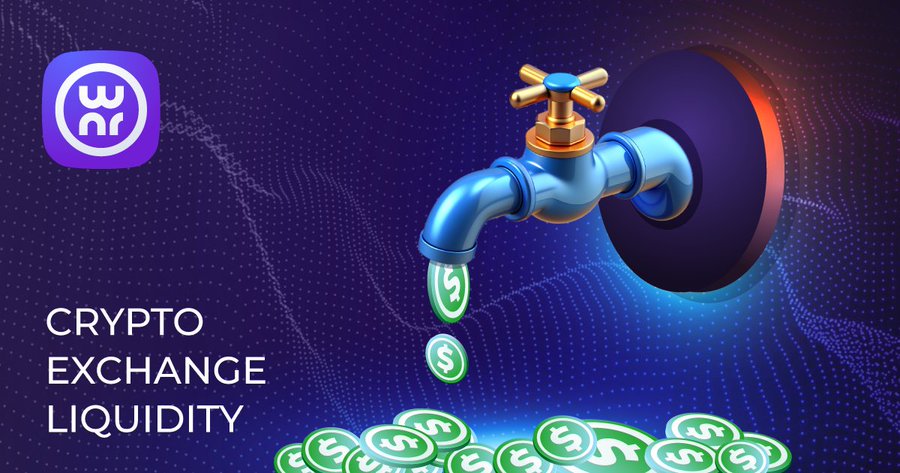OWNR Wallet
Beta
¡Usuario con pocos negocios! ¡Utiliza siempre saldo de Forobeta!

Decentralized file sharing
Decentralized file sharing is transforming the landscape of data access, liberating it from the constraints of centralized servers and employing peer-to-peer (P2P) technology to distribute files across a network of interconnected nodes.
The concept of #decentralized file sharing entails the storage of files on a network of linked nodes, facilitated through #P2P technology, rather than relying on a centralized server. Well-known protocols in this realm include BitTorrent and the InterPlanetary File System (IPFS).
Read more on our blog: https://ownrwallet.com/blog/decentralized-file-sharing/



















![[Image: GH0CjUmWQAAUap8?format=jpg&name=900x900] [Image: GH0CjUmWQAAUap8?format=jpg&name=900x900]](https://pbs.twimg.com/media/GH0CjUmWQAAUap8?format=jpg&name=900x900)
